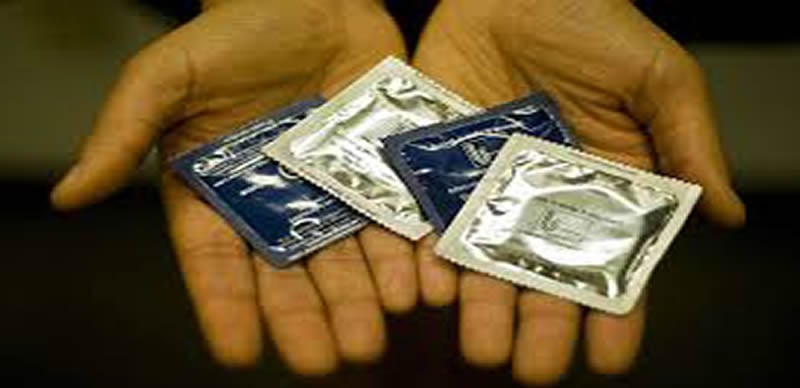- UNAIDS says Nigeria recorded a 55% decline in condom distribution.
- HIV prevention and treatment services disrupted across several countries.
- Women and young girls hit hardest by HIV prevention funding cuts.
- UN agency warns millions at risk if global HIV response continues to weaken.
The United Nations agency on HIV/AIDS has raised alarm over an alarming decline in HIV prevention efforts, announcing that Nigeria recorded a 55 per cent fall in condom distribution within the past year.
The report, titled Overcoming Disruption, Transforming the AIDS Response, was released on Tuesday as part of activities marking World AIDS Day 2025.
ATTENTION: Click “HERE” to join our WhatsApp group and receive News updates directly on your WhatsApp!
READ ALSO: Two Parents Die Following Niger Catholic School Abduction – Kontagora Diocese
UNAIDS said the drop reflects a broader global disruption in HIV prevention programmes, medical outreach and testing services. According to the organisation, many countries are already suffering the consequences of stalled funding and weakened health systems.
Across 13 countries analysed, the number of people newly placed on HIV treatment has also fallen significantly. The agency noted that 450,000 women in sub-Saharan Africa have lost access to community-based health workers popularly known as “mother mentors,” who help link pregnant and new mothers to care.
Winnie Byanyima, Executive Director of UNAIDS, said the crisis is pushing communities back into danger after years of progress. “The funding crisis has exposed the fragility of the progress we fought so hard to achieve,” Byanyima said in Geneva.
She warned that each statistic represents real lives being disrupted by the collapse of prevention and support systems, including young women, HIV-positive mothers and babies left untested.
READ ALSO: Bandit Issues Threat in New Video, Vows to Target Politicians and Soldiers
Prior to the latest disruption, adolescent girls and young women were already among the most vulnerable groups. UNAIDS noted that 570 new HIV infections occur daily among women aged 15 to 24.
The agency warned that if global health leaders fail to restore HIV prevention funding, there could be an additional 3.3 million new HIV infections between 2025 and 2030.
UNAIDS modelling also suggests that over 60 per cent of women-led organisations have suspended vital community work due to lack of support. The agency is now urging world leaders to recommit to funding and innovation in HIV prevention, including affordable long-acting drugs and human-rights-based programmes. “Millions of lives depend on the choices we make today,” Byanyima said.

